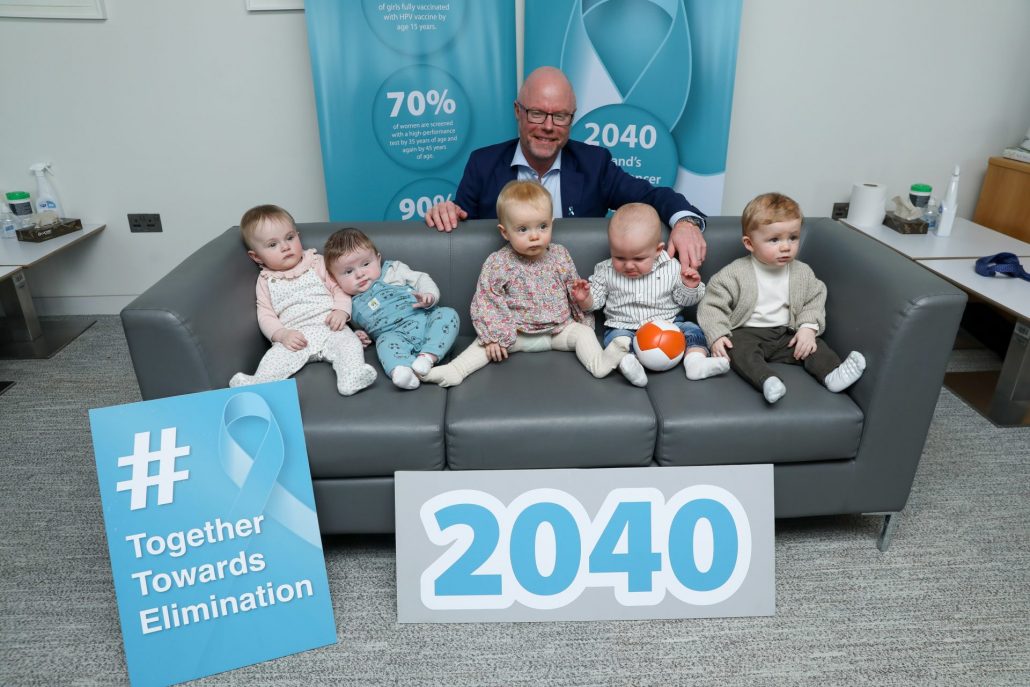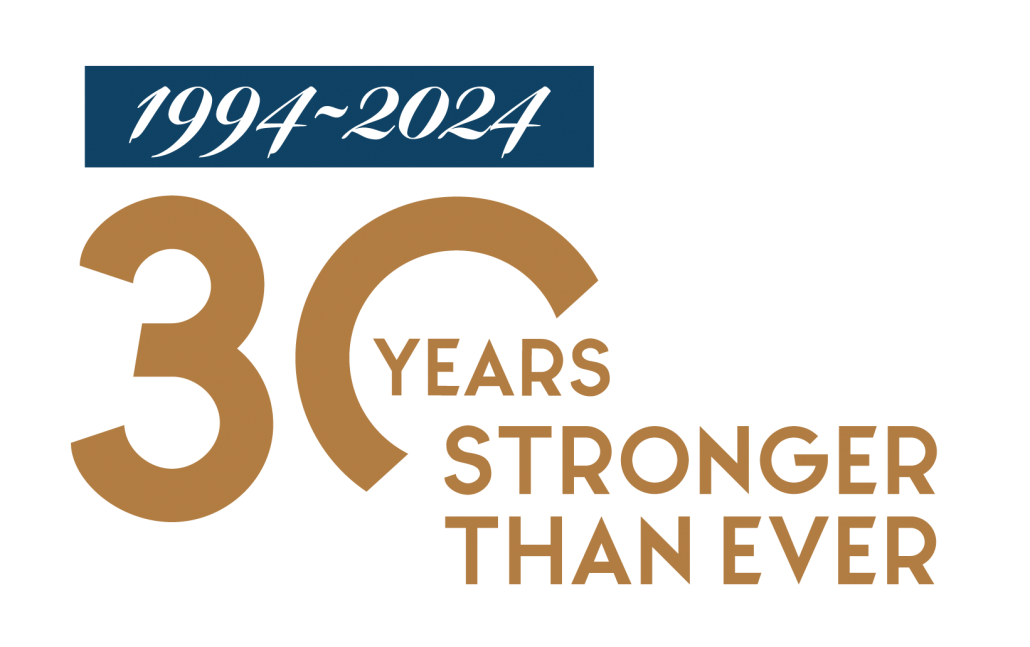
The Minister for Health Stephen Donnelly TD has revealed that Ireland is on target, with sustained effort from all stakeholders, to eliminate cervical cancer by 2040. The announcement came as the Minister marked Cervical Cancer Elimination Day of Action, a global initiative to eliminate cervical cancer.
Currently, in Ireland, about 300 women are diagnosed with cervical cancer every year, and sadly 90 will die from it. The WHO defines elimination of cervical cancer as fewer than 4 cases per 100,000 women. This would make cervical cancer rare, reducing the number of cases to the extent that it would no longer be a public health problem. Modelling of Irish data, including human papillomavirus (HPV) vaccination rates, screening coverage and population data has identified that Ireland can reach this goal by 2040, i.e. within 17 years.
Minister Donnelly, said, “this is a significant day, not just for women’s health, but for the health of our population. We can now say that babies born today will reach adulthood in an Ireland where we expect to have eliminated cervical cancer.”
“HPV vaccination for boys and girls is a game-changer on our road to elimination, and I’m proud that Ireland was one of the first countries to introduce HPV vaccination through the National Immunisation Programme in 2010, as well as being among the first to adopt HPV cervical screening in 2020. We are now in a strong position to exceed the WHO global targets by announcing 2040 as the date on which we expect to achieve elimination in Ireland.”
“The remarkable progress to date illustrates significant work on the National Cancer Strategy goals of cancer prevention, early detection and access to timely treatment, which is helping to save lives and improve health. Achieving elimination of cervical cancer requires immense effort, and we must ensure we increase HPV vaccination and screening coverage. Immense credit is due to all who have worked tirelessly to get us to today’s announcement, and I extend my gratitude to all involved in the delivery of screening, vaccination and treatment services, to our passionate patient advocates and to all the partnership stakeholders for their commitment in working together towards elimination.”
A new roadmap (attached) has been published charting Ireland’s next steps to elimination. This will start with a national public consultation in 2024 to develop an action plan to ensure Ireland is on track to eliminate cervical cancer as a public health problem by 2040.
We all have a role to play in making cervical cancer elimination a reality. Our goal can be achieved by making sure all women and people with a cervix have access to three important tools:
Vaccination against HPV which causes most cervical cancers.
Cervical screening and treatment of precancers to find HPV infections and signs of changes in the cervix, and treat any abnormalities that are found.
Timely cervical cancer treatment and access to appropriate care and supports.
Some groups of people experience higher rates of illness and death from cervical cancer than the general population. The consultation aims to find innovative solutions to further reduce health inequalities so that most people can enjoy a future free from cervical cancer.
One such innovation is HPV self-sampling which will be explored as part of the roadmap to elimination, informed by the modelling work with Australian experts.
Preliminary findings of new research exploring the use of self-sampling in cervical screening, funded by the Department of Health Women’s Health Fund, show that this method of testing has the potential to increase screening participation in Ireland, benefiting eligible women who have never attended cervical screening and those who don’t attend regularly, and importantly making screening more equitable.
HSE Chief Clinical Officer Dr Colm Henry, said, “this is a landmark day where we set a bold target for the elimination of cervical cancer in Ireland. Significant work has been done to date to achieve this vision. We have seen a marked decline in the number of people with cervical cancer since the introduction of our cervical screening programme in 2008 and recent research shows the positive impact the HPV vaccine has had in reducing the rate of serious pre-cancer cervical disease.”
“High uptake of our cervical screening and HPV vaccination programmes are essential in making cervical cancer a rare disease. We expanded access to our vaccination programme in 2022 through the Laura Brennan HPV Vaccine Catch-Up Programme. I would like to acknowledge the selfless work of Laura and her family in encouraging people to get the vaccine to help protect against cervical cancer – their actions serve as an inspiration to all of us to ensure that the programme benefits as many people as possible.”
Director of Public Health, HSE National Screening Service and Head of the HSE’s Cervical Cancer Elimination Strategy Group, Dr Caroline Mason Mohan, said, “improving health equity will be a priority as we push towards elimination. We’re calling on everyone to get involved in the public consultation to develop a national action plan and support our work to reduce inequities so that we can reach more people and ensure everyone benefits.”
WHO Regional Director for Europe Dr Hans Henri P. Kluge, said, “I congratulate Ireland on its great progress towards meeting WHO’s cervical cancer elimination targets and setting itself firmly on the path to effective elimination. In particular, I commend Ireland’s successful efforts to ensure all women in the target age group are informed of and have access to HPV cervical screening and that girls are offered the HPV vaccination. Delivering timely access to quality diagnosis and treatment for all those who need it will ultimately ensure no more women in Ireland die from this preventable disease.”


